I am a thief. I steal our food system’s waste.
Let’s be clear. Grocery stores throw edible food into their dumpsters. I go to those dumpsters and jump in. I dig through boxes and bags, and salvage everything I can find. I take it to my house and painstakingly sort through it. I cut and clean vegetables and fruit. I repackage damaged and open packages of dry goods. I rinse and re-label canned goods. I dry herbs and peppers. I freeze bread, meat, cheese, vegetables, fruit and almost everything else.
The last time I purchased groceries was a year ago because I can find everything in the garbage. And I eat your garbage. In fact, I have so much food that my spouse, my friends and my greater community cannot eat it all.
We began operating a donation-based community food share in our church basement at Sargent Avenue Mennonite in Winnipeg. We have moved 1.8 tonnes of food through its refrigerator since last June. Remember that this food is what is left after we give our friends as much as they can reasonably store. Our fridges are packed and our freezers often don’t close properly.
Why is there a single hungry person on the planet when we waste this much food?
Farming is a resource-intensive human necessity, involving labour, water, fertilizer, fossil fuel and soil. It’s entirely disrespectful to expect a worker to bend over, cut and trim a head of lettuce, and place it on a conveyor for you to look at it in the store, say it’s not good enough and allow it to be thrown into the garbage.
Every time I reclaim, sort and eat food, I remember to respect the humans who are responsible for getting the food to me. I prayerfully remember the first time someone picked up that lettuce from the dirt.
Foraging for food around the city regularly leaves me discouraged, angry and, at times, feeling hopeless. Our society is wasteful, gluttonous, irreverent and self-serving. You probably aren’t aware of the amount of food you waste simply by living in our “developed” economy. Over a third of the food produced in our world is wasted, according to the Food and Agriculture Organization of the United Nations. Europe, Canada and the U.S. are the worst offenders.
The facets of this waste are numerous. According to the David Suzuki Foundation, impossible esthetic standards force growers to cull and trash 30 percent of their products because grocery stores will not purchase blemished fruits and vegetables. Grocers abide by ridiculously arbitrary “best before,” “sell by” and “use by” date-stamping standards, which increase profit margins by requiring food to sell faster.
Governments are generally responsible for food-date standards, but these dates, among other factors, have enabled food-safety illiteracy. In a society that discards food past its “expiry” date, we have lost touch with our creativity and resourcefulness when it comes to nourishment. When milk begins to sour, make yogurt or cottage cheese. Once it has soured, bake with it.
What is perhaps even more jarring is that you are participating in this culture of food ignorance. According to a 2014 report by VCM International, Canadian consumers are responsible for 47 percent of the national food waste. We purchase food, it gets forgotten about, doesn’t get used and then we discard it. We are literally throwing money away. There might as well be a dumpster in front of the grocery store so you can throw food away before you waste energy keeping it cool in your refrigerator.
So I dive. For one, I have as much food as I could ever want and hope to share with friends and strangers alike. I have become more hospitable and give more of my food and myself to those around me.
What do I find? It may be bread, grapefruit juice or yogurt, or it might be bacon, avocados, brie, orange pekoe, pâté, a box of mangos or a pallet of red bell peppers.
This uncertainty has inspired more creative food preparation, learning about food storage and the discovery of new ingredients. While many young adults go for drinks or to movies at night, I enjoy late evenings with friends reclaiming, cleaning and growing a sub-culture and community around society’s trashed food.
If you have the chance, try it sometime. Or you could help me with my next task: working to educate the church, the public, politicians and policy makers, in an effort to bend the system toward better practices.
I’ve been hounded to explicate the theological underpinnings guiding my actions. Why should I? Would it be better to write an essay in the presence of hungry people or to present them with food? Did Jesus’ disciples learn more from his words or from his behaviour? What is Christ’s call in the midst of injustice?
I could talk to you for hours answering these questions, but you’ll have to come dig in the garbage with me first.
Nathaniel De Avila, 28, lives in Winnipeg, where he attends Sargent Avenue Mennonite Church. He wrote this article in consultation with five of his fellow foragers: Lauren Harms, Raven Nickel, Jonah Langelotz, Maria Dueck and Paul Dyck.


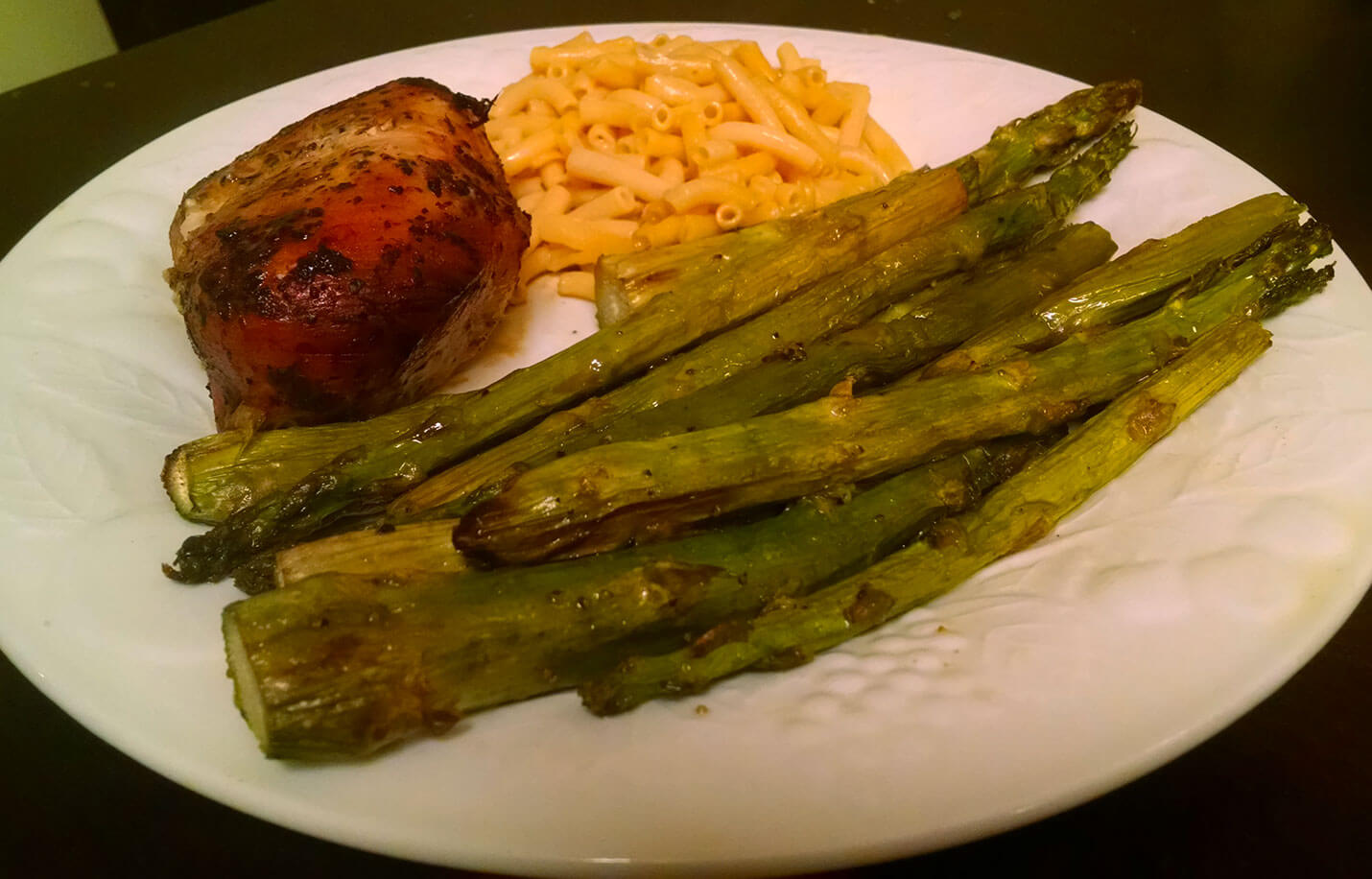

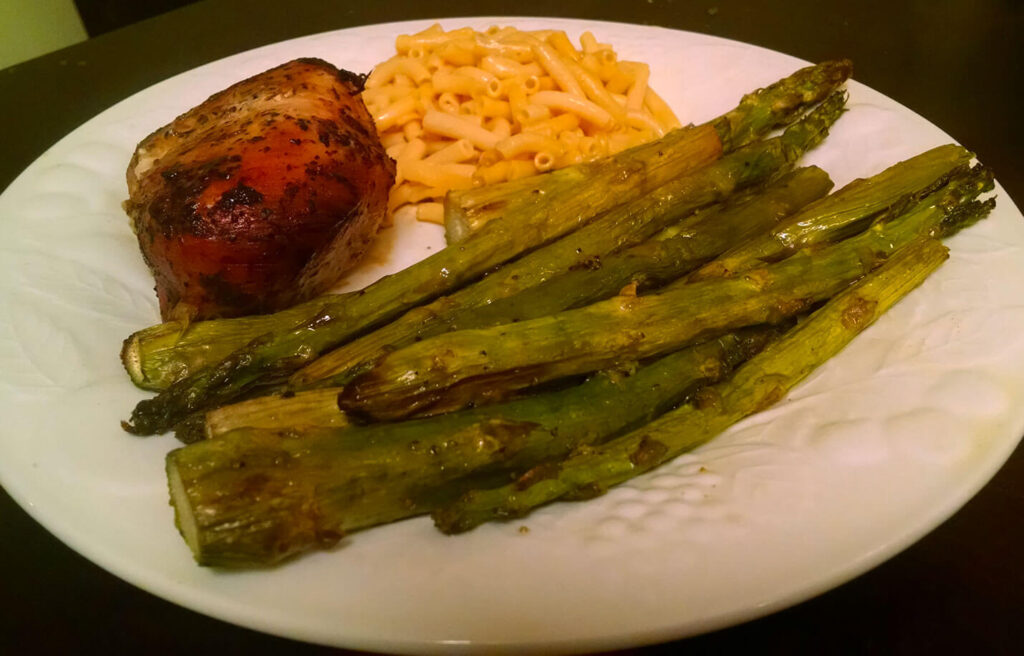

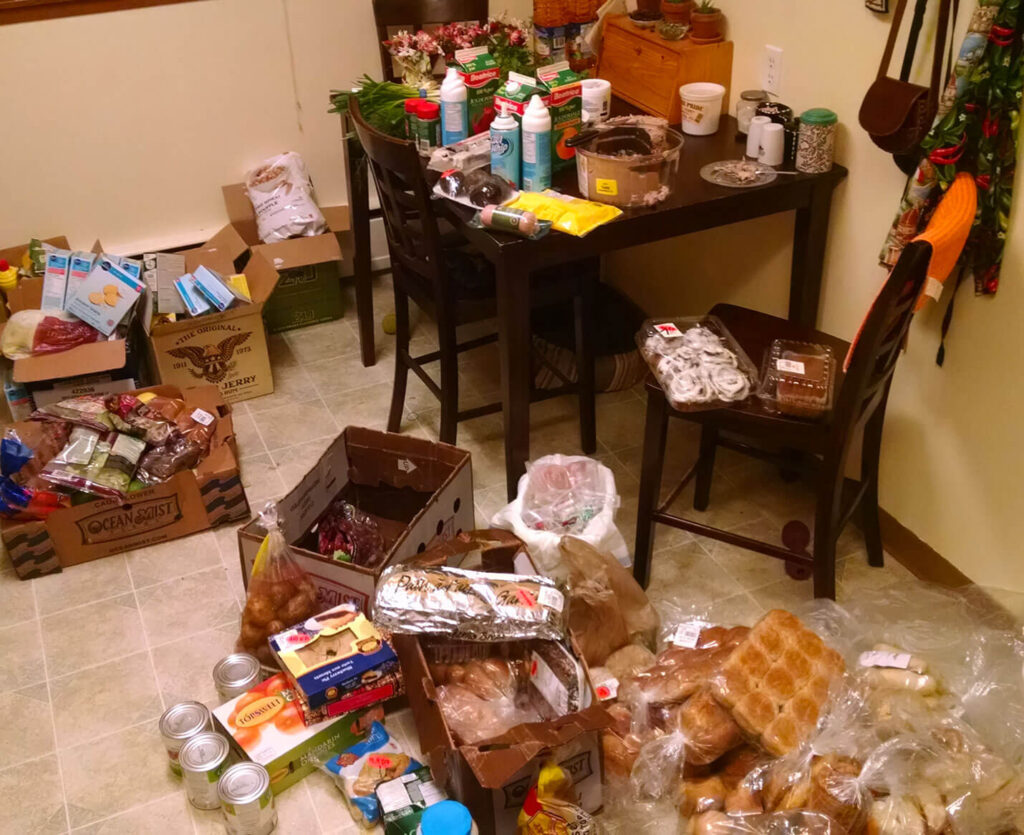
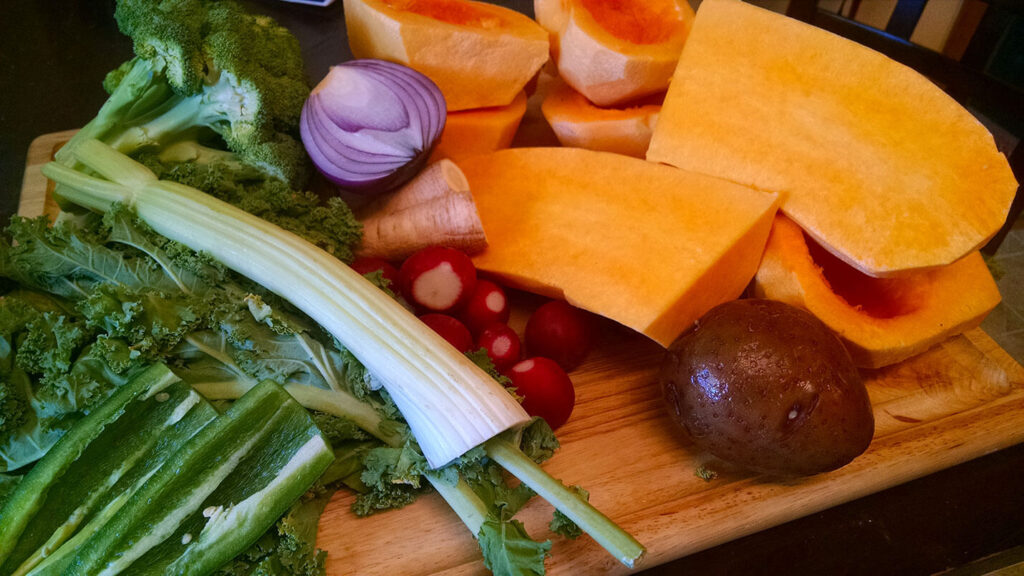

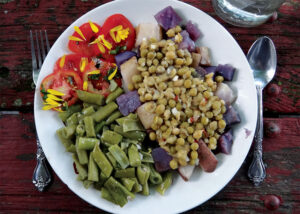


Leave a Reply
You must be logged in to post a comment.